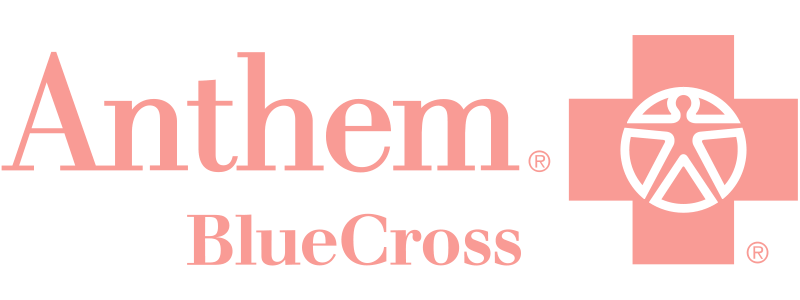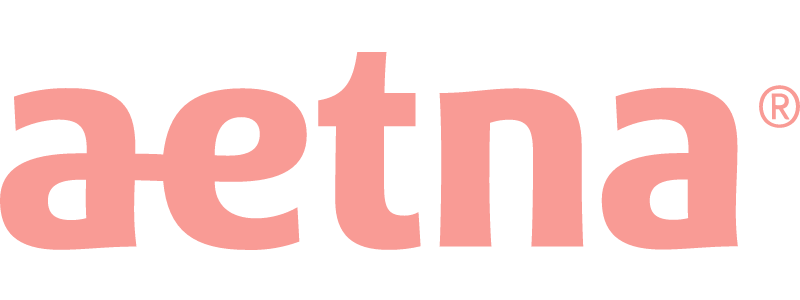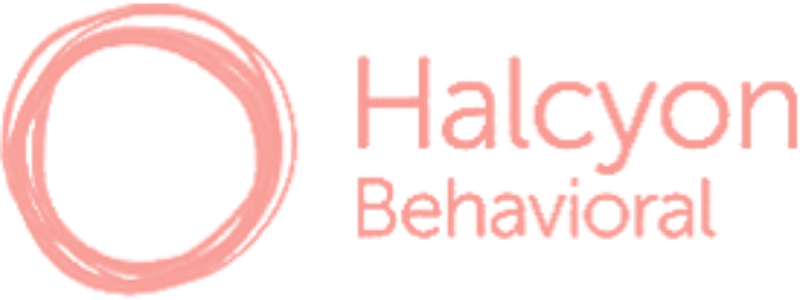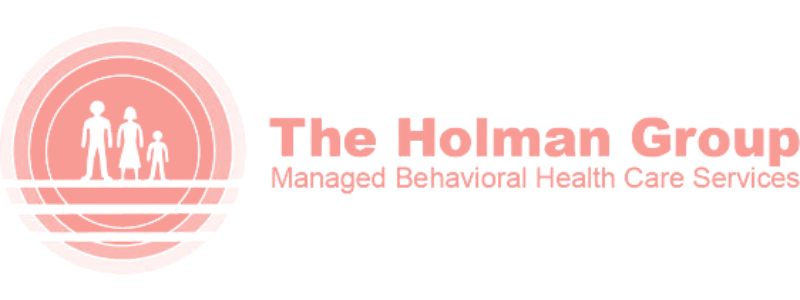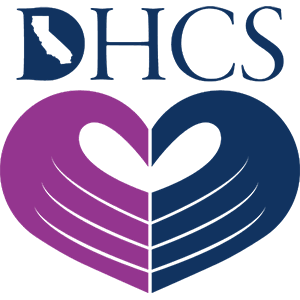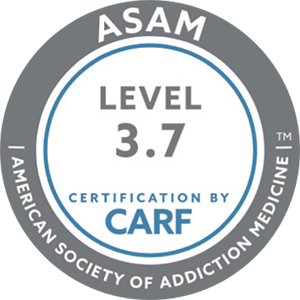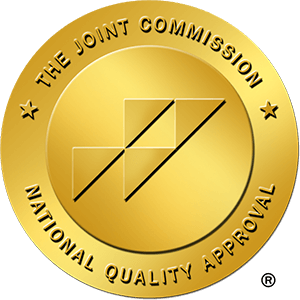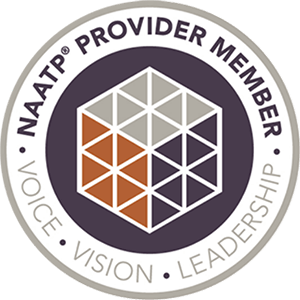Working with families of people with addiction is challenging, but necessary, to help women understand how they got where they are. No two families are alike, but they experience something very similar to addiction: dysfunctional family dynamics. The role of the family can not be understated when it comes to addiction and recovery. Family systems theory is only one way people can find support through therapy to understand their role in a loved one’s addiction. Looking at family dynamics helps women work through issues in a new way and provide a better pathway forward towards healthy family relationships.
Family Systems Theory (FST)
Family systems theory is a psychological way to interpret and look at patterns handed down through the family. Rather than look at one individual, it takes into account all individuals as a whole that make up the family. When the family dynamics are reviewed, patterns emerge and people can begin to work on their own behavior as part of the larger system. The goal of working with this theory is to help identify personal issues, loss, and work to resolve those over time. Even though it takes the whole family to do it, each person is becoming their own individual. They can love and honor their family while charting their own course. Peeling back the layers is more than just looking at dysfunctional behavior. It is also about understanding multi-generational patterns that may be limiting or hindering development. Everything and everyone is interconnected. This helps set a person free from regret and blame about their life. This does not mean a woman in recovery should not take ownership of her own behavior. It simply means there are more dynamics at play than people sometimes realize.
Addiction and Family Systems
Dysfunctional individuals and families have links to addiction. Family functioning within systems is hard when there is an addiction. It complicates everything. Painful, traumatic childhoods contribute to addictive behavior where people might feel they are not part of a healthy family structure. Several types of traumatic events may contribute to the development of addiction, including chronic illness, parental struggle with abuse, divorce, or myriad other things. Child abuse is also highly related to addiction. As many as two-thirds of all people in treatment for abuse report abuse in childhood. Addiction is one response to trauma from the past, but it is not the only way a person responds. They may also struggle with mental health issues. Dual diagnosis is common for people with traumatic backgrounds.
Healing Patterns
Family Systems Theory can give people power to rethink their family life and how they experience life together. Addictive and maladjusted behaviors become more integrated into healthy ways of living, giving way to healing within the family. Healing with others starts with healing the self. Healing from addiction is about the connection to healthy relationships and learning a healthier way of being. With dual diagnosis, an addiction is challenging but not impossible to heal from with the right tools. Some other ways to heal might include prevention opportunities.
Addiction Prevention
To prevent drug abuse in the family, individuals can work on certain approaches that can help them heal. Being more integrated as a family means working on it alone, but also together, to make it stick. Some tips to get started:
- Spend more time together but not too much. Play games, go for walks or enjoy time together that is healing for everyone
- Model relationship: instead of using old tactics, remember the tools and work hard to use what is learned to prevent old patterns of behavior from emerging
- Provide supervision: ask what the person is up to, what they are going to do, or how they are handling life with addiction now. Understand they will never be fully healed but family can be more empathic and understanding of what their needs are without resorting to old habits
- Create space. Let them have room to heal and go to recovery meetings without worrying about their every move. Trust they are going where they say they are going and doing what they say they will do (unless proven otherwise)
When the family spends time together, they get to know each other. For better or worse, they stick with each other and support one another through challenging times. Take this opportunity to engage with one another and share in the challenges but also delight in the joys and celebrate good times together. This will help build family bonds that strengthen each other for the journey.
Some Considerations
Nobody gets to choose their family but they can choose to reshape their future. With the power to choose, a person with an addiction can overcome many obstacles within the family structure that supported poor behavior. Exploring systems is not about blaming others. In fact, it is about taking responsibility for oneself and understanding how to make positive choices that influence people for the better now and in the future. It is worth doing the work now to rebuild healthy relationships. Future generations thrive from current work being done to help people find hope in the midst of struggle. It is not easy but it is worth pursuing.
Casa Capri helps women redesign their lives in recovery. Women need other women who understand what they are going through. With the right tools and support, a woman can go far in her recovery. Therapists at Casa Capri are trained in family therapy to work with women and these dynamics. If you are looking for community and connection in rehab, call Casa Capri today: 844-593-8020




